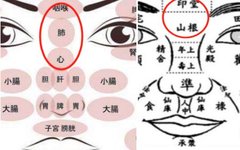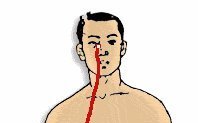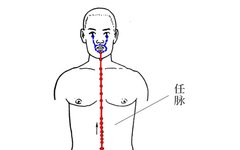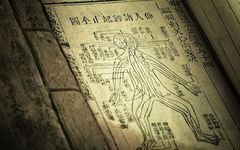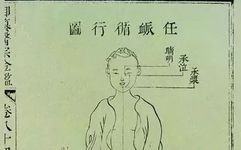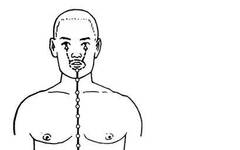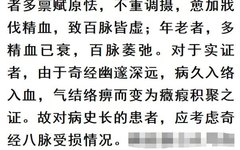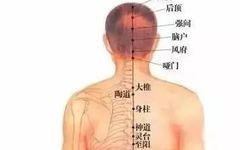Observational Diagnosis of the Nose in Integrative Chinese and Western Medicine
The nose is located centrally on the face, also known as Ming Tang (Hall of Brightness). The nose connects above to the throat and directly to the lungs, assisting the lungs in respiration, serving as the external orifice of the lungs. The lungs and nose not only cooperate in physiological functions but also influence each … Read more

